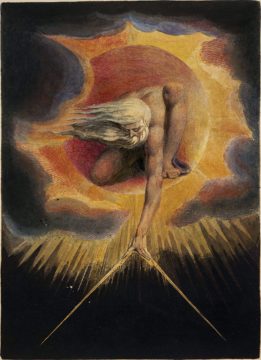by David Kordahl

I’ll start this column with an over-generalization. Speaking roughly, scientific models can be classed into two categories: mechanical models, and actuarial models. Engineers and physical scientists tend to favor mechanical models, where the root causes of various effects are specified by their formalism. Predictable inputs, in such models, lead to predictable outputs. Biologists and social scientists, on the other hand, tend to favor actuarial models, which can move from measurements to inferences without positing secret causes along the way. By calling these latter models “actuarial,” I’m encouraging readers to think of the tabulations of insurance analysts, who have learned to appreciate that individuals may be unpredictable, even as they follow predictable patterns in the aggregate.
Operationally, these categories refer to different scientific practices. What I’ve called a difference between mechanical vs. actuarial models could just as well be sketched as a difference between theory-driven vs. data-driven models. Both strains have coexisted in science for the past few centuries.
Just for fun, we might attempt to caricature the history of modern science in the mechanical vs. actuarial terms introduced above. In the seventeenth century, Isaac Newton proposed a law of universal gravitation, applicable everywhere throughout the universe, which allowed naturalists to imagine that all physical effects, everywhere and for all time, were caused by physical laws, just waiting to be discovered. This view was developed to its philosophical extreme in the eighteenth century by the French mathematician, Pierre Laplace, who imagined that the universe at any particular moment implicitly contained the specifications for its entire past and future.
But in the nineteenth century, Charles Darwin introduced his theory of natural selection, which allowed naturalists to take actuarial models more seriously. Just as hidden order could cause the appearance of randomness, hidden randomness could cause the appearance of order. Read more »
